Urban Housing Dissatisfaction
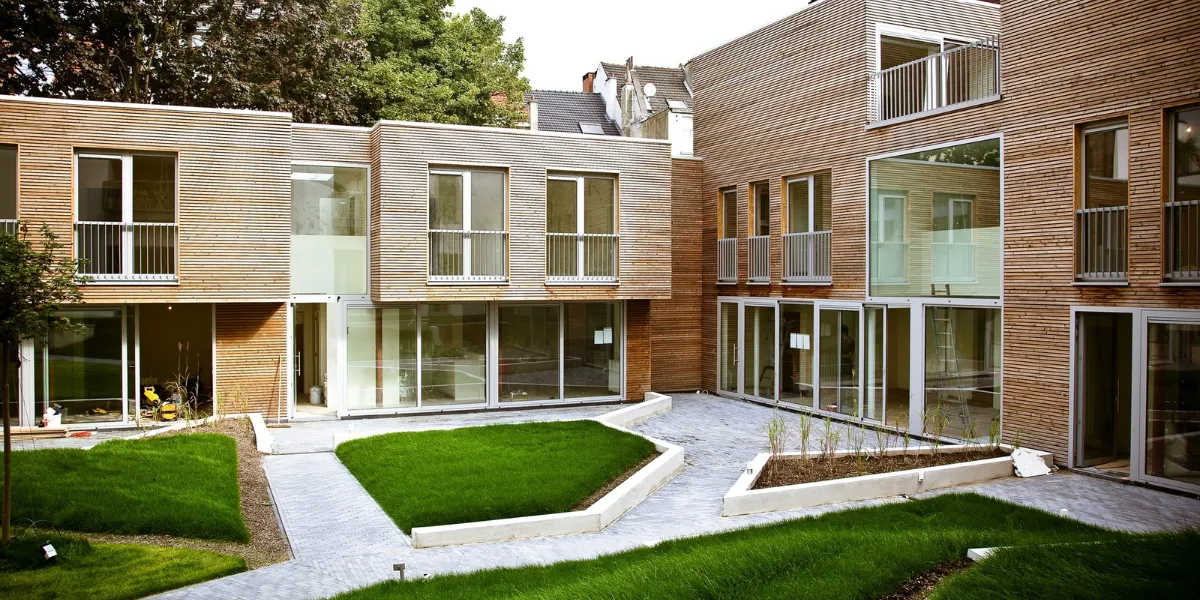
Urban Housing Crisis: Why Residents Are Dissatisfied The rapid growth of cities has brought many challenges, especially in housing. Many urban residents are expressing dissatisfaction with their current housing options. This article explores the various reasons behind this unhappiness and the potential solutions that could improve the situation.
The Overcrowding Issue
Overcrowding is a significant problem in urban areas. As cities grow, the available space for housing does not expand proportionately. This leads to cramped living conditions, which can affect the quality of life. Many urban dwellers feel that their homes are too small to accommodate their families comfortably.
The Rising Cost of Housing

The cost of housing in cities has skyrocketed over the years. Many people find it challenging to afford decent housing, especially those with average incomes. The high cost of living in urban areas forces residents to compromise on the quality and size of their homes, leading to widespread dissatisfaction.
Lack of Affordable Housing Options
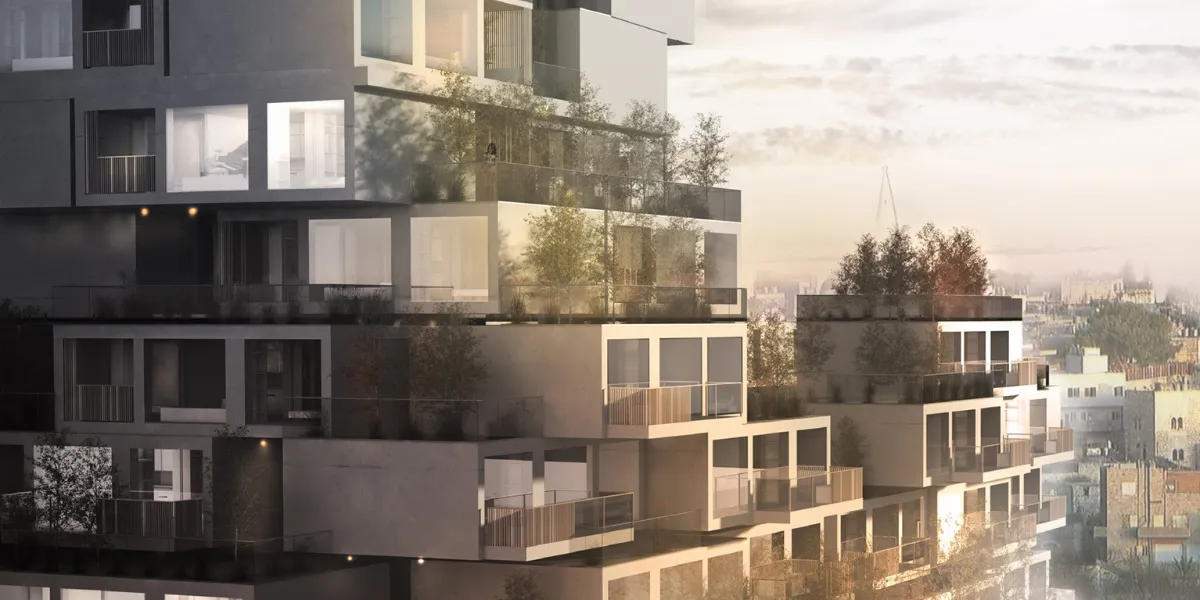
Affordable housing is a critical issue in urban areas. Despite numerous policies aimed at increasing the availability of affordable homes, the demand far exceeds the supply. Many residents are frustrated by the lack of affordable options, which forces them to live in substandard conditions or far from their workplaces.
Poor Housing Quality and Maintenance
The quality of housing in many urban areas leaves much to be desired. Poor construction quality, inadequate maintenance, and aging infrastructure contribute to the dissatisfaction among residents. Issues such as leaky roofs, broken elevators, and poor insulation are common complaints.
Limited Availability of Green Spaces
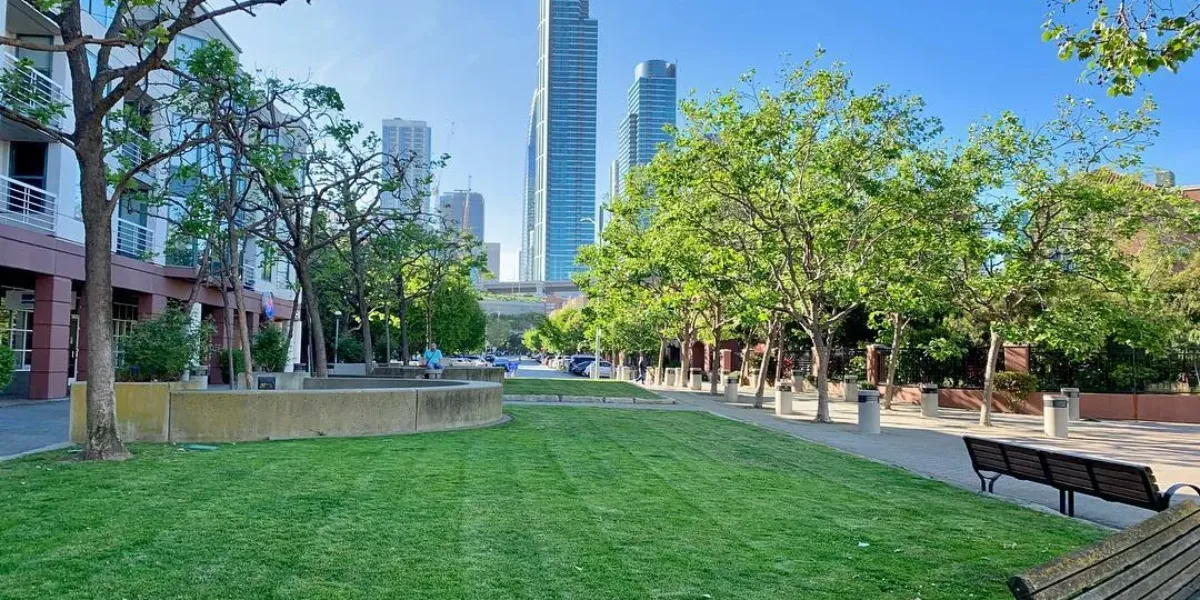
Green spaces are essential for a healthy urban environment, but they are often limited in cities. Many urban residents miss having access to parks, gardens, and recreational areas. The lack of green spaces can negatively impact mental health and overall well-being, adding to the dissatisfaction with housing options.
Noise Pollution
Urban areas are notorious for their high levels of noise pollution. Constant noise from traffic, construction, and neighbors can make living conditions unbearable. Many residents feel that their housing does not provide adequate sound insulation, leading to disturbed sleep and increased stress levels.
Safety Concerns

Safety is a primary concern for urban residents. High crime rates and inadequate security measures in many urban housing complexes leave residents feeling vulnerable. This lack of safety can significantly affect the quality of life and contribute to the overall dissatisfaction with housing options.
Inadequate Public Transportation
Efficient public transportation is crucial for urban living. However, many cities struggle with inadequate transportation networks, making it difficult for residents to commute. Poor public transportation options can limit access to jobs, education, and services, further diminishing the attractiveness of urban housing.
The Impact of Gentrification
Gentrification is a double-edged sword. While it can lead to the revitalization of neighborhoods, it often displaces long-term residents who can no longer afford to live there. The loss of community and the increasing cost of living due to gentrification add to the frustration of urban dwellers.
Limited Housing Diversity
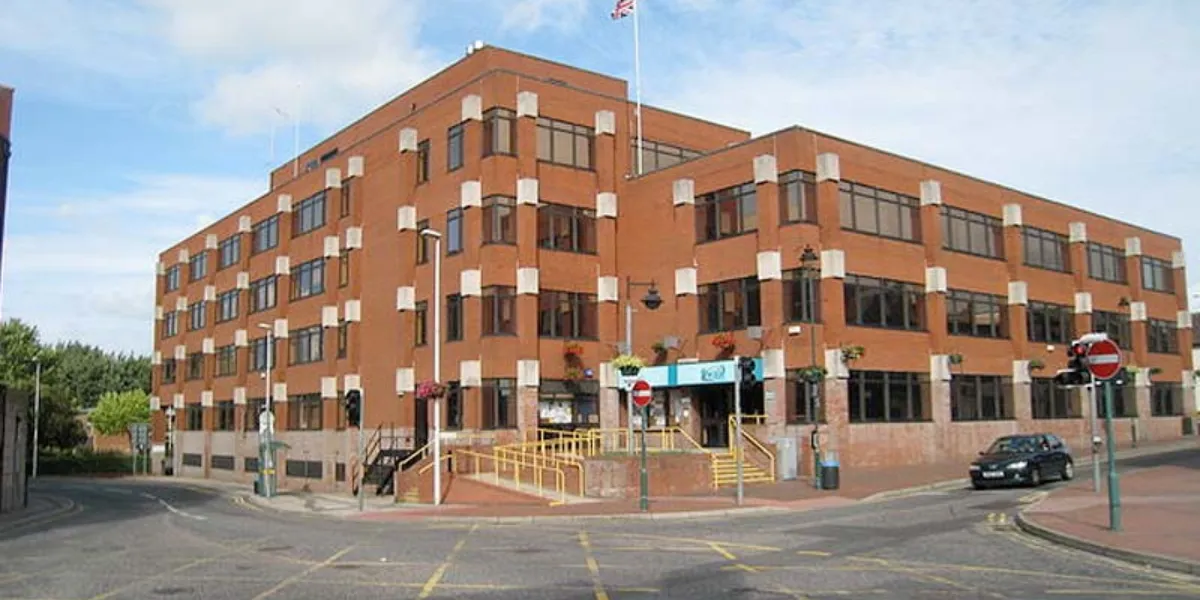
A diverse range of housing options is essential to meet the varied needs of urban residents. Unfortunately, many cities lack this diversity, offering mostly high-rise apartments or luxury condos. The limited housing types fail to cater to different family structures, lifestyles, and income levels, leading to dissatisfaction.
Environmental Concerns
Sustainable housing is becoming increasingly important, but many urban housing options do not prioritize environmental considerations. Energy inefficiency, high carbon footprints, and inadequate waste management practices are common issues. Residents are becoming more aware of these problems and are unhappy with the lack of sustainable housing solutions.
Potential Solutions and Future Outlook
Addressing urban housing dissatisfaction requires a multifaceted approach. Solutions include increasing the availability of affordable housing, improving public transportation, enhancing safety measures, and promoting sustainable practices. Urban planners, policymakers, and developers must collaborate to create a more livable and satisfying urban environment.
Urban housing dissatisfaction is a complex issue that affects millions of people worldwide. By understanding the underlying problems and working towards comprehensive solutions, cities can become more livable and enjoyable for their residents. Addressing these challenges is crucial for the future of urban living.
Click here for more visited Posts!

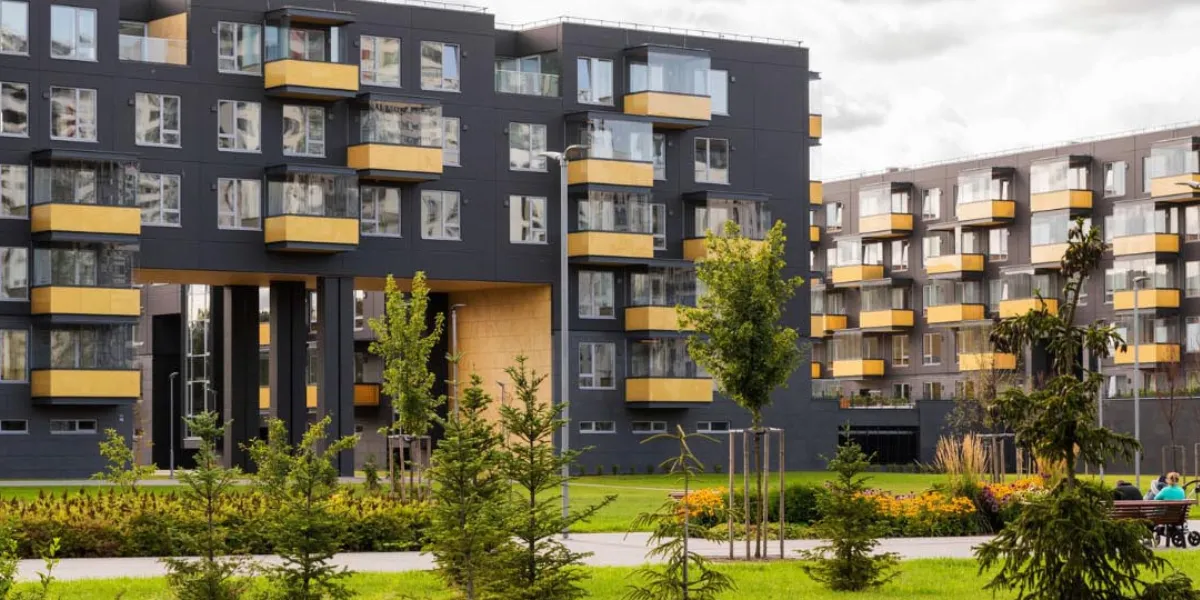
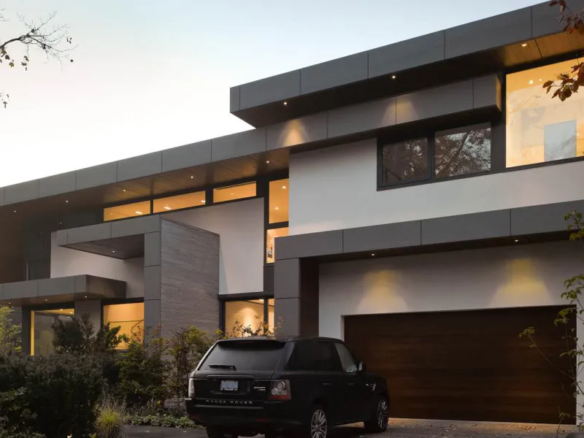
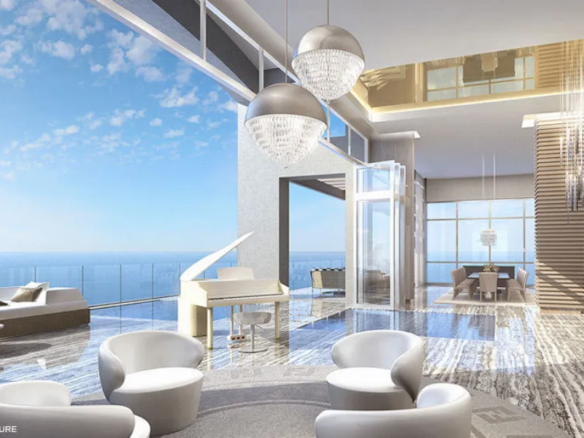

Join The Discussion